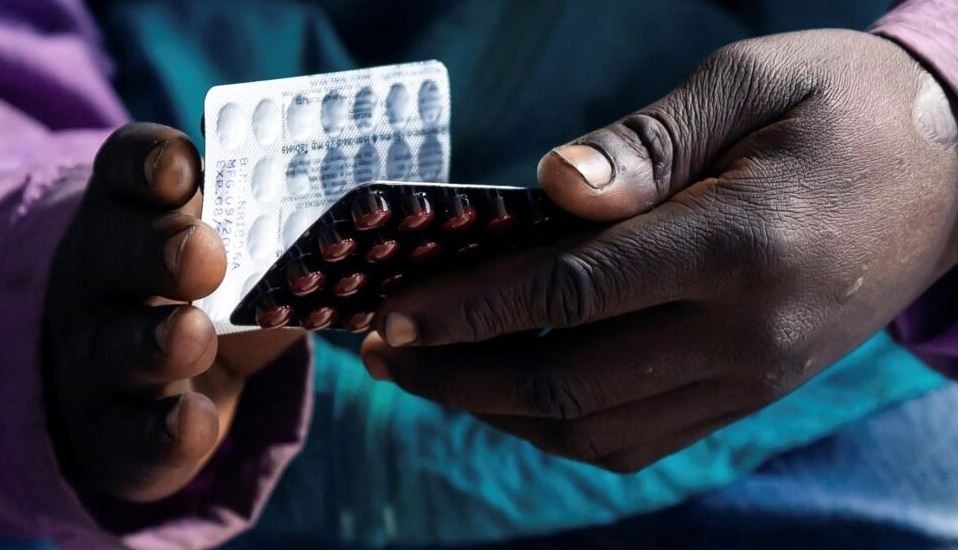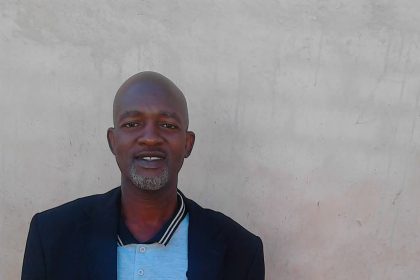Zimbabwe is one of only five countries in Africa to have achieved ambitious United Nations targets on identifying and treating HIV infections. But as the country celebrates the milestone, organisations on the ground say significant gaps remain, with young people and LGBTQ+ communities still especially vulnerable.
The UN’s 95-95-95 targets aim to ensure that 95 percent of people living with HIV know their status, 95 percent of people who know they have HIV receive anti-retroviral treatment and 95 percent of people on treatment are virally suppressed, meaning they have only a low level of the virus.
Zimbabwe has reached those targets among adults, UNAIDS confirmed in its latest global update, alongside Botswana, Eswatini, Rwanda and the United Republic of Tanzania.
Marking World Aids Day earlier this month, President Emmerson Mnangagwa celebrated impressive progress in Zimbabwe’s fight against HIV and Aids.
Over the past ten years Zimbabwe recorded the highest decline in new HIV infections in east and southern Africa, he said, a fall of 78 percent. Meanwhile 99 percent of the 1.3 million people living with HIV in the country are now on anti-retroviral drugs.
Closing the gaps
At the recent International Conference on Aids and STIs in Africa, held in Harare, Health and Child Care Minister Douglas Mombeshora acknowledged Zimbabwe’s efforts, but said that the country still needs to target those most at risk, as well as track and trace those recently infected.
According to outreach organisations, certain populations continue to fall between the cracks – notably young people.
“If you look closely at the number of young people who know their status, it is still way lower than 95 percent,” a spokesperson for Katswe Sistahood, a non-governmental organisation focused on sexual and reproductive health, told RFI.
“We need now to look into and target younger people who are getting infected,” the spokesperson said.
LGBTQ+ platform Global Black Gay Men Connect points out that inclusivity is also crucial to ending HIV/Aids. Criminalising at-risk groups, the organisation says, makes it more difficult to identify infections.
Research indicates that HIV disproportionately affects female sex workers and men who have sex with men in Zimbabwe, who often struggle to access services because the law forbids their activities.
Public funding needed
Zimbabwe’s current strategy includes prevention programmes and countrywide free testing and counselling services.
Healthcare scientist Tawanda Guzura says testing still plays a critical role in the fight against Aids. His organisation, Global Solutions for Infectious Diseases, has developed a rapid diagnostic test kit to detect HIV.
Research and development economist Prosper Chitambara says that despite Zimbabwe‘s success in the fight against HIV/Aids, the country needs to sustainably finance the health sector and establish a health insurance fund.
“We still rely a lot on donor financing,” Chitambara says. “We still rely a lot on out-of-pocket financing, we still rely a lot on private insurance. We need to enhance public spending or spending by government on health.”







